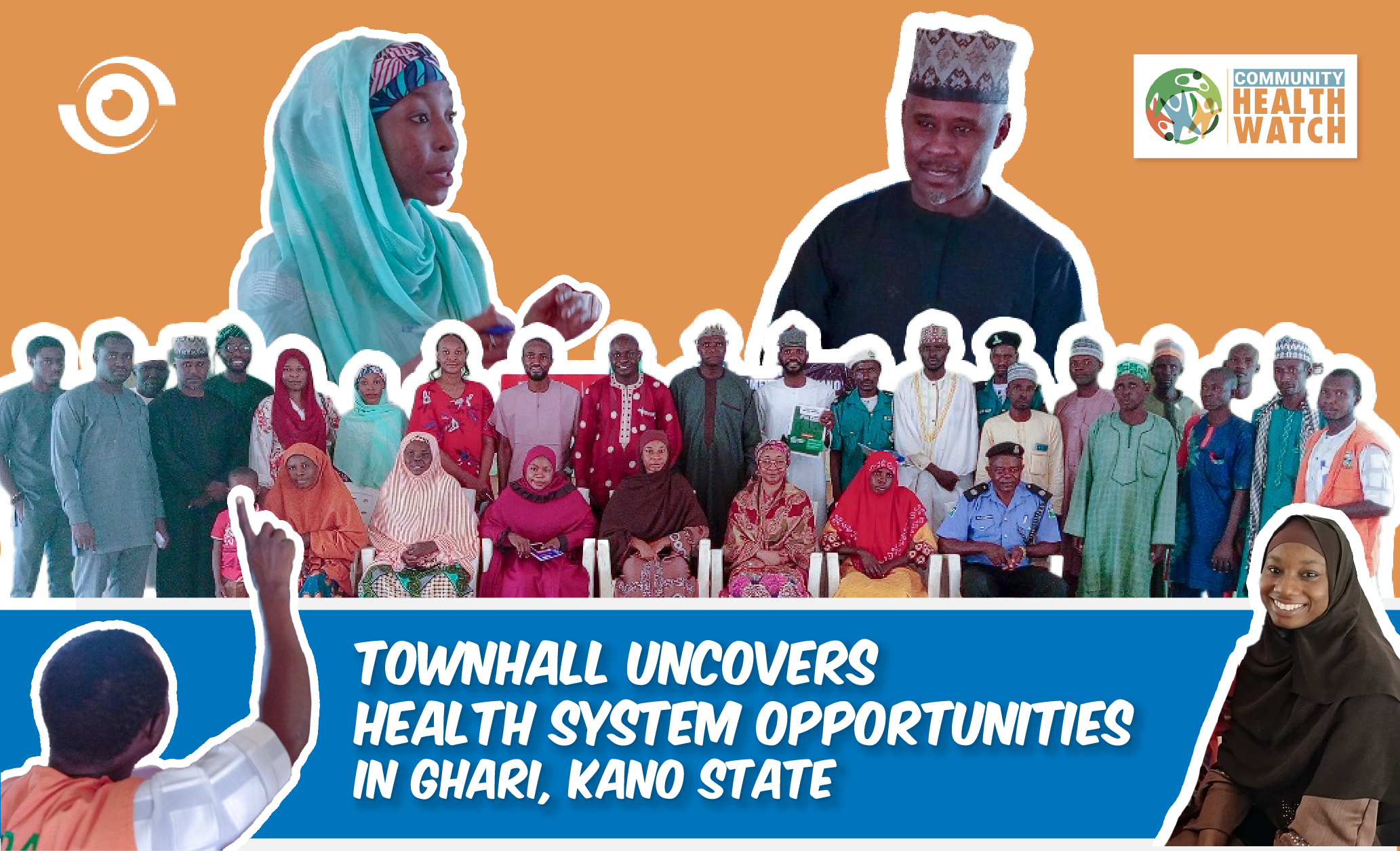Place your adverts here on InfoDig @ low rates; banner ads, sponsored links and guest articles etc. Contact us
 Mr Mahesh Vaswani
Mr Mahesh VaswaniMr Mahesh Vaswani, an accomplished technocrat in the pharmaceutical industry and managing director of SK Medicines Nigeria Limited, has lived in Nigeria for over 50 years. In this interview with Moses Dike, he shares his experiences in the Nigerian pharmaceutical industry and provides insights on how to maximise its potential. Excerpts:
Could you give us a brief profile of yourself, your childhood, and education?
My name is Mahesh Vaswani. I graduated from Maharaja Sayajirao University in Baroda, India. I have lived and worked in Nigeria for over 50 years, gaining extensive experience as an executive in both domestic and international operations. My career has involved handling multi-channel products and marketing, including start-ups and established organisations.
From 1996 to 2012, I served as chief executive officer of Medreich Nigeria Limited, where I led operations and strategic direction. I managed cross-functional teams and oversaw four regional managers and over 200 employees. With the support of my team, we turned the company around, achieving high profitability and positioning it among the top five in the country. We also developed strategic alliances across West Africa.
After the acquisition of Medreich Nigeria Limited products in 2012, I had the opportunity to establish a new pharma marketing company, SK Medicines Limited, where I currently serve as chief executive officer. SK Medicines offers over 120 products, including multivitamins, eye preparations, antibiotics, and a wide range of cardiovascular products, all registered with the same manufacturer, Medreich Limited, India.
How would you describe your experiences in the Nigerian pharmaceutical industry?
I have been in Nigeria for over 50 years. Growing up, I saw how substandard products were being freely sold to the public. This deeply affected me, and it was always at the back of my mind. It was one of the reasons I decided to pursue a career in the pharmaceutical industry. From the outset, our mission has been to provide quality medicines at affordable prices for all.
You were recently the only expatriate to receive the honorary fellowship of the Society for Pharmaceutical Sales and Marketing of Nigeria (SPSMN). What does this award mean to you, and why do you think you were recognised?
I am sincerely grateful to the SPSMN for this honour, which shows that our work is being observed. This recognition came at a time when I was feeling down, due to the enormous economic challenges facing business owners in the country. The award has uplifted my spirits.
As an industry stakeholder in Nigeria, what are some of the challenges facing the pharmaceutical sector that you believe require urgent attention?
A healthy nation is a wealthy nation. Concessions should be given to all stakeholders in this industry. Waivers and foreign exchange should be made available. In terms of indigenous manufacturing, substantial infrastructural support is needed to attract investors. Preventive medicines, particularly vaccines, need far greater attention from policymakers. The regulatory body should also be empowered to combat the issue of fake products.
As managing director of SK Medicines Ltd, could you tell us more about the company and your efforts to advance its fortunes within the Nigerian pharmaceutical space?
Our motto is “health for all”, and our mission is to provide premium quality medicines at affordable prices. We started 29 years ago, setting a benchmark for quality products at reasonable prices. Many in the pharmaceutical industry have copied not only our packaging but also our labels and designs. My primary goal is to work hand in hand with all stakeholders and regulators, including NAFDAC, to eradicate fake medications from the country.
Having lived in Nigeria for over 50 years, what do you see as the key potentials of the country, particularly within the pharmaceutical industry, that need to be harnessed?
Nigeria is a blessed country—God has a special love for her. In terms of the pharmaceutical industry, there are countless untapped opportunities. Public awareness and basic hygiene practices can significantly reduce the burden of acute and seasonal diseases. The future lies in nutraceuticals. Nigeria’s land is blessed, and this potential must be explored carefully.

 13 hours ago
53
13 hours ago
53













)
)
